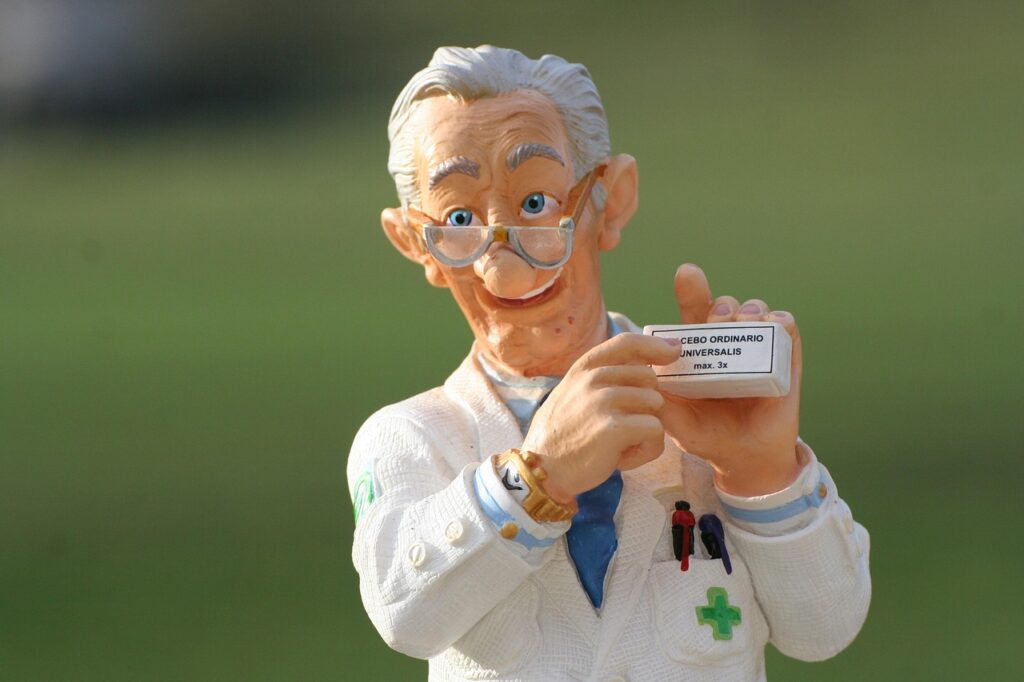A pharmaceutical marketing consultant helps companies navigate the complex process of promoting drugs and healthcare products effectively. They offer expertise in strategy development, market analysis, and regulatory compliance, ensuring brands reach the right healthcare professionals and patients. Their role is essential for driving growth and maximizing the impact of pharmaceutical products in a competitive market.
These consultants work across various stages of a product’s lifecycle, from early development to brand management. By aligning marketing tactics with industry regulations and customer needs, they improve market access and facilitate strong engagement with key stakeholders. Their specialized knowledge makes them valuable partners for pharmaceutical companies looking to optimize their commercial success.
Role and Impact of a Pharmaceutical Marketing Consultant
A pharmaceutical marketing consultant focuses on developing targeted strategies that address both market demands and regulatory standards. Their work involves a balance of scientific understanding, market research, and compliance management. The consultant’s expertise directly influences product success and brand positioning.
Core Responsibilities in Pharmaceutical Marketing
Pharmaceutical marketing consultants analyze market trends and competitive landscapes to tailor marketing campaigns. They conduct detailed market research to identify target patient groups and healthcare providers. This allows them to craft messaging that resonates with specific audiences.
They also work closely with sales teams to align marketing strategies with sales goals. Monitoring campaign performance and adjusting tactics based on data is a crucial part of their role. Their input supports product positioning and demand generation, improving overall outreach effectiveness.
Strategic Planning for Product Launches
Planning product launches requires a precise understanding of the therapeutic area and the competitive environment. Consultants create comprehensive launch strategies covering messaging, distribution channels, and key opinion leader engagement.
They coordinate cross-functional teams—including regulatory, medical affairs, and sales—to ensure a timely, compliant launch. Identifying early adopters and tailoring communication for distinct stakeholder groups help maximize market penetration and patient uptake.
Regulatory Compliance and Ethical Considerations
Consultants navigate complex regulations governing pharmaceutical advertising and promotion. They ensure that campaigns comply with guidelines set by agencies such as the FDA or EMA. This includes review processes for promotional materials and adherence to ethical marketing practices.
They work to avoid off-label promotion and ensure accurate representation of drug efficacy and safety. Staying current with evolving regulations is vital to mitigate legal risks and maintain the integrity of marketing efforts.
Key Skills and Industry Expertise
A successful pharmaceutical marketing consultant combines deep industry knowledge with strong analytical skills. Proficiency in pharmacology, biotechnology, and medical terminology supports clear, scientifically sound communication.
They must also possess expertise in digital marketing tools, data analytics, and strategic planning. Effective collaboration and communication skills allow them to work seamlessly with diverse teams and stakeholders. Regulatory knowledge and ethical awareness complete their skill set, ensuring responsible marketing practices.
Selecting the Right Pharmaceutical Marketing Consultant
Choosing a pharmaceutical marketing consultant involves assessing experience, how they work with brands, and clearly defined success metrics. Attention to these factors helps ensure alignment with regulatory requirements, strategic goals, and market dynamics.
Evaluating Experience and Track Record
Experience in pharmaceutical marketing means familiarity with industry regulations, product types, and target audiences such as healthcare professionals and patients. Consultants should have a proven history of successful campaigns, ideally in similar therapy areas or markets.
Reviewing past client results and project outcomes is critical. Look for evidence of navigating compliance challenges and delivering measurable ROI. A strong track record often includes case studies or references that demonstrate adaptability to evolving healthcare trends.
Expertise in digital marketing tools, patient-centric approaches, and multi-channel strategies will further strengthen the consultant’s profile. This ensures campaigns remain relevant in a competitive and highly regulated environment.
Collaboration with Pharmaceutical Brands
Effective consultants work closely with pharmaceutical companies to understand brand goals, scientific data, and compliance needs. They act as strategic partners, aligning marketing efforts with regulatory guidelines and company values.
Successful collaboration involves clear communication, shared expectations, and a flexible approach to feedback. Consultants should integrate seamlessly with internal teams, including medical, regulatory, and sales units.
Regular updates, transparent reporting, and joint problem-solving are key collaboration qualities. The consultant’s ability to translate complex medical information into clear marketing messages also enhances brand positioning.
Measuring Consultancy Success
Success measurement requires predefined key performance indicators (KPIs) tailored to pharmaceutical marketing objectives. Common KPIs include market penetration, engagement levels, lead generation, and adherence to compliance standards.
Data-driven metrics enable ongoing optimization of campaigns. Consultants should provide regular reports with actionable insights backed by analytics and market research.
Evaluating success also involves qualitative feedback from stakeholders, such as healthcare providers and patients, to assess messaging effectiveness. A consultant’s capacity to demonstrate measurable impact fosters accountability and continuous improvement.
